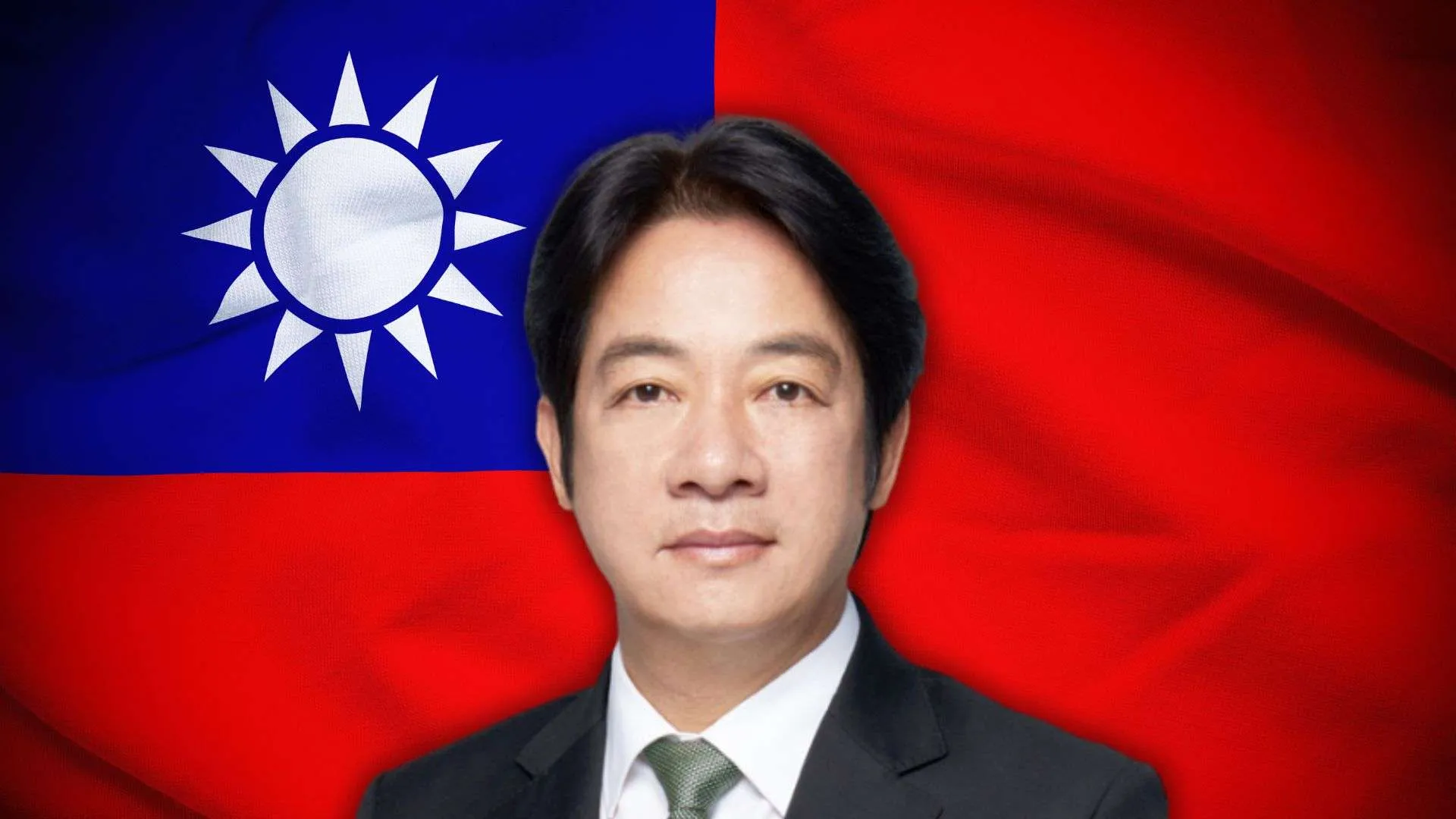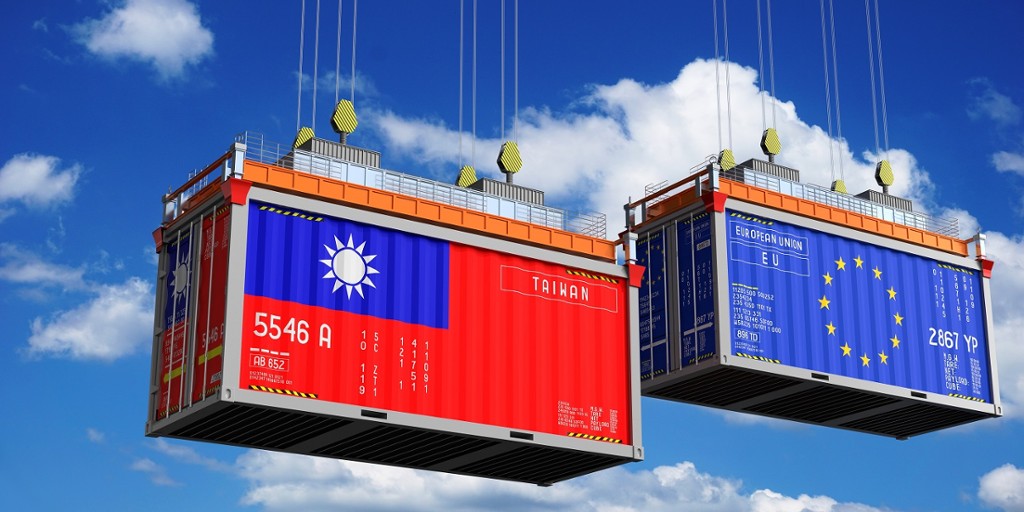nMy artin Haffmer Associate Editor
In the complex landscape of international relations, few issues stir as much debate and contention as the status of Taiwan. The recent announcement by former President Donald Trump regarding tariffs on Chinese goods inadvertently thrust Taiwan into the spotlight, with the White House labeling it a “country” during the announcement. This designation ignited discussions around Taiwan’s sovereignty, its ambiguous status, and the implications of such terminology in American foreign policy.
The Background
Taiwan’s status has long been a contentious issue, stemming from the Chinese civil war that concluded in 1949. Following the defeat of the Nationalist government by communist forces, the remnants retreated to the island of Formosa, which had been under Japanese rule since the late 19th century. The People’s Republic of China (PRC) was established on the mainland, claiming Taiwan as part of its territory under the “One China” policy.
Despite the PRC’s claims, Taiwan operates with a high degree of autonomy, maintaining its own government, military, and economy. It is a self-governing democracy with a vibrant civil society, yet many countries, including the United States, do not formally recognize Taiwan as an independent nation due to diplomatic relations with China.
The Tariff Announcement
During a press conference to announce tariffs aimed at countering perceived unfair trade practices by China, President Trump referred to Taiwan as a “country.” This seemingly innocuous statement had significant implications. It was an inadvertent acknowledgment of Taiwan’s unique status on the world stage, one that resonates differently across various political lines.
The tariffs themselves were part of a broader strategy to address trade imbalances with China and to protect American industries. However, calling Taiwan a “country” in this context added another layer of complexity, as it seemed to depart from the U.S. diplomatic norm that avoids recognizing Taiwan as separate from China.
The Implications of Labeling
The White House’s choice of words reflected a growing tension between the U.S. and China, particularly concerning Taiwan’s fate. Under the Taiwan Relations Act of 1979, the United States has pledged to provide defensive support to Taipei, but it stops short of officially recognizing Taiwan as an independent nation. By labeling Taiwan a “country,” even momentarily, the Trump administration opened a Pandora’s box of diplomatic consequences.
This casual reference can be seen as a signal to Taiwan and its advocates that the U.S. may be willing to reconsider its position. It also risks provoking Beijing, which views any recognition of Taiwanese independence as a severe affront. In response, Chinese officials have routinely warned both Washington and Taipei against steps that might be interpreted as bolstering Taiwan’s sovereignty.
A Balancing Act
The U.S. is caught in a delicate balancing act. On one hand, it must uphold its commitment to Taiwan’s defense, recognizing the island as a key partner in maintaining stability in the Asia-Pacific region. On the other hand, it must navigate its complex and increasingly adversarial relationship with China, a major global power.
The situation becomes even more intricate as Taiwan actively seeks international recognition and support from allied nations, particularly in the face of increasing military pressures from China. Any official designation by the U.S. may serve to encourage Taiwan’s aspirations, but it can also escalate tensions in a region already fraught with potential conflict.
In labeling Taiwan a “country” during a tariff announcement, the Trump administration inadvertently highlighted a deeper issue that transcends mere trade disputes. Taiwan’s ambiguous status challenges the international community’s understanding of sovereignty and self-determination. As geopolitical dynamics shift, this issue remains a litmus test for U.S.-China relations, revealing the complexities and sensitivities at play in the Asia-Pacific region.
Going forward, navigating the intricacies of Taiwan’s status will require careful consideration and a deft diplomatic touch. The world watches closely, as Taiwan’s future hangs in the balance amid the shifting tides of global politics.


